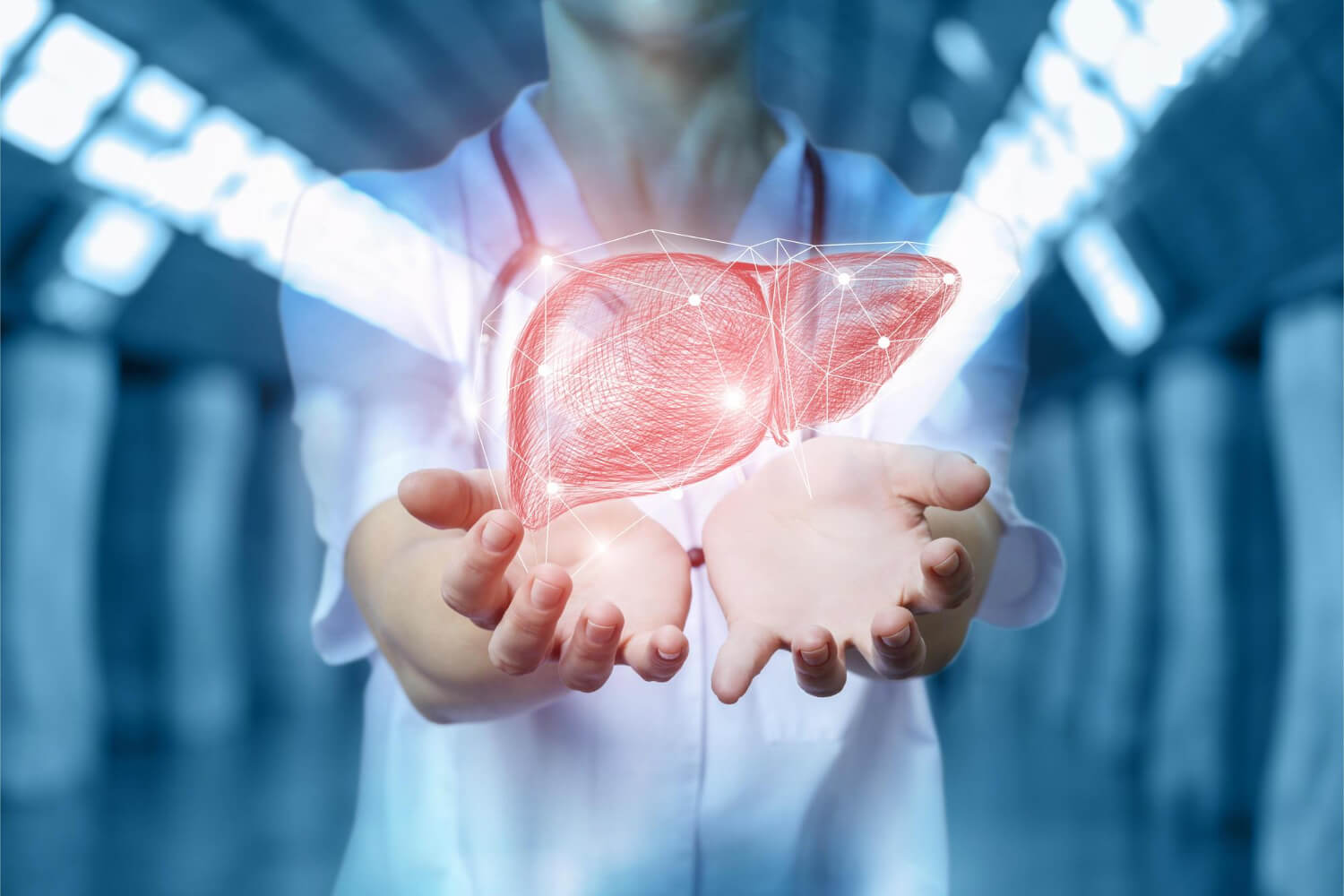Cannabidiol and all its variants have been doing nothing but the best for humans and their overall health. So far, several products that claim to have different benefits for different people have been introduced.
CBD Oil is a popular product that helps address several health concerns. However, CBD Oil side effects on the liver could be a big problem too.
Overview of CBD Oil and Liver Concerns
It is always best to be well-informed about the safety and adverse effects of any new CBD product you are about to try.
Regarding CBD Oil and its impact on the liver, it is first important to know that CBD oil is manufactured through extensive processes that make it highly unregulated and also make its purity and concentration questionable. This makes it difficult to trust it to consume in your desired way.
In addition, CBD is metabolized in the liver with the same enzyme that converts pharmacological drugs such as cytochrome P450. This may cause reactions of CBD with some drugs, which interact with their metabolism and also efficacy.
Some animal studies have suggested that high doses of CBD might lead to liver toxicity. However, these studies often use much higher doses than those commonly used by humans.
Human clinical studies on CBD and liver health are limited, and the existing research does not provide conclusive evidence of a direct link between CBD and liver damage.
Research Findings on CBD and Liver Health
Although not a lot of research has been done on this topic to declare it conclusive, there are still some studies that are being done to help understand the role that CBD oil plays in the liver and its health.
In some studies that focused on CBD therapy for epilepsy, elevated serum aminotransferase levels were observed in 34% to 47% of patients, contrasting with 18% of controls using different anticonvulsant medications.
Notably, these elevations occurred within the initial two months of treatment, were transient, and manifested as mild-to-moderate in severity without associated symptoms or jaundice. While prescription forms of CBD have not been convincingly linked to clinically apparent liver injury, such instances are limited due to their restricted use.
In contrast, research on liver test abnormalities during therapy with lower CBD doses or commercially available over-the-counter products is scarce.
Therefore, it is safe to assume that individuals with pre-existing liver conditions may need to exercise caution when using CBD. Consulting with a healthcare professional before incorporating CBD into their routine is advisable.
Understanding Dosage and Risks
As a mild to moderate serum aminotransferase elevation has occasionally been reported in dosages between 200 to 400 mg daily, but clinically apparent liver injury is not reported till date.
Further to this is Liver injury in individuals who take CBD supplements, consideration would follow concerning the possible effect of contaminants on the products or conjoint use of other herbal and diet supplements.
Furthermore, based on available data, individuals utilizing less than 300 mg per day of CBD and not taking any concomitant medications known to be potentially hepatotoxic are deemed to be at low risk for adverse events.
The highest risk of adverse events occurs when doses surpass 1,000 mg per day of CBD. In a monitored medical cannabis program under the guidance of a qualified healthcare provider, it is generally uncommon for CBD at these higher doses to be recommended.
However, instances of Drug-Induced Liver Injury (DILI) have been reported at approximately 300 mg per day, a threshold that some individuals may be reaching. Patients may also occasionally exceed the recommended cannabis intake.
Limited research on this topic at lower doses prevents a definitive conclusion regarding the absence of risk for patients below this threshold.

Recommendations for Safe Use
To ensure a safe and reaction-free experience of using CBD oil, here is a list of important pointers that you can keep in mind.
Be Mindful of Product Quality
Choose CBD products from reputable manufacturers who provide third-party testing results. This ensures that the product contains the stated amount of CBD and is free from contaminants.
Check for THC Content
Full-spectrum CBD products may contain trace amounts of THC, which could potentially show up on drug tests. If this is a concern, consider using broad-spectrum or isolated CBD products, which typically have no THC or only minimal amounts.
Understand Product Labels
Read product labels carefully to understand the CBD content per serving and any additional ingredients. Pay attention to dosage recommendations and serving sizes.
Consider Your Body Weight
Adjust the dosage based on your body weight. A common guideline is 1-6 mg of CBD for every 10 pounds of body weight.
The FDA’s Stance and Future Research
Although cannabidiol promises great benefits along with better safety profiles of CBD and its products, there is still a lot that has to be done for full-proof approval from the FDA and all its agencies to make the product completely safe.
On the other hand, currently, the FDA has raised safety concerns regarding CBD medications and is advising that more research is required to ascertain their effectiveness.
It has sent warning letters to the companies who have made unauthorized health claims on CBD and taken measures concerning the marketing of infused food products or dietary supplements.
Additionally, the Food and Drug Administration advisory has always regarded further scientific research as necessary to determine the potential advantages and possible sides of CBD.





